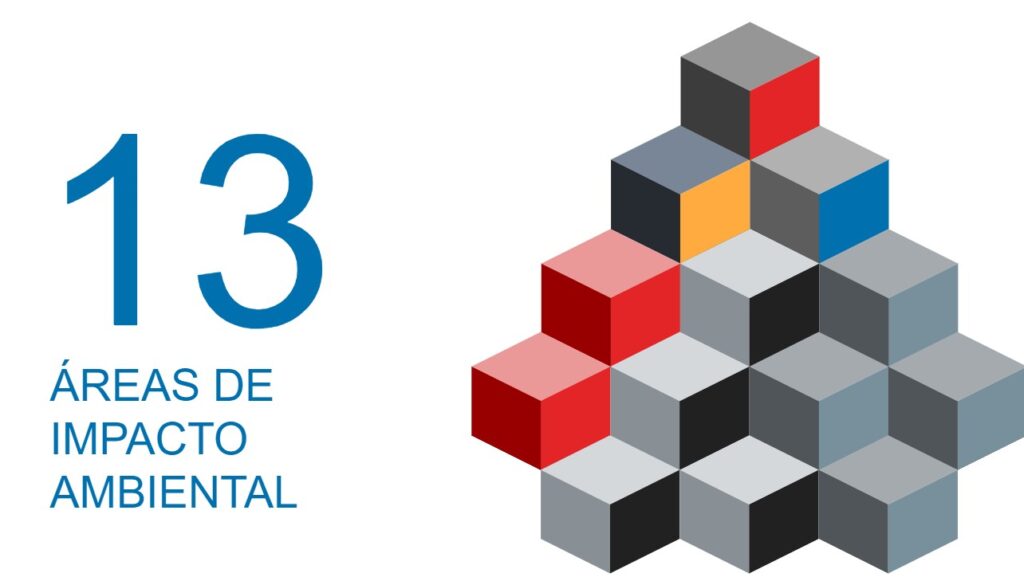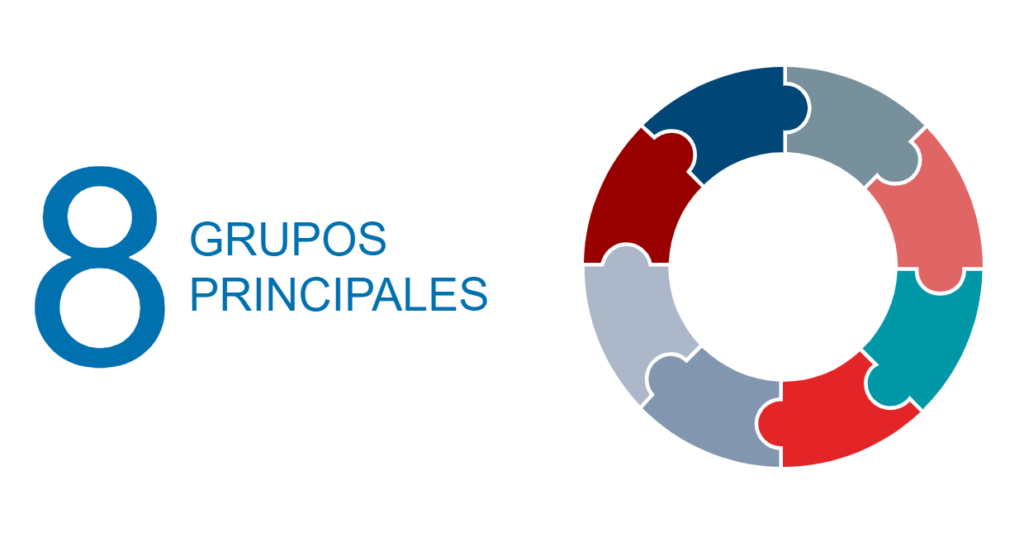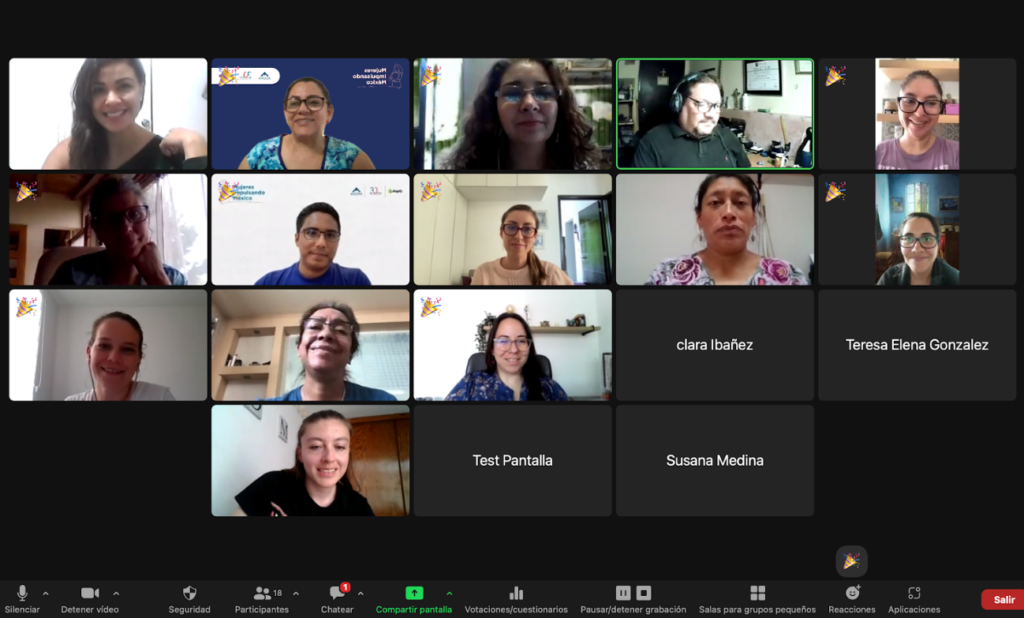CLIENT: Agora Partnerships
DATES: Sep – December 2021
COMPANY
Agora Partnerships (Agora) is a nonprofit organization dedicated to empowering the sustainable growth of entrepreneurs in Latin America through training, connections, and resources.
CHALLENGE
For years, the economic model has promoted a focus on purely economic growth, which has negatively impacted our planet. It is crucial for small and medium-sized enterprises (SMEs) to actively participate in climate change mitigation efforts. However, the status quo often limits their involvement in sustainable practices, from both environmental and social perspectives. The challenge lies in convincing businesses that social and environmental sustainability can also be profitable.
APPROACH
After conducting research on sustainability areas encompassed by projects like GRI, IRIS, ANTAD, B-Corps, among others, and exploring frameworks for energy efficiency and sustainability for SMEs, I identified 13 areas of sustainability where an SME can make an impact. From a social perspective, the areas of influence were determined through stakeholders, identifying eight interest groups. Based on this framework, I developed the concept of «Culture of Innpact» (Cultura de Innpacto), which aimed to shift the perception of impact as something novel within the company and sought to broaden the vision based on the company’s activities (from analyzing economic impact to exploring new facets of social and environmental impact). For integration, we considered three phases: influencing the entrepreneur, their team, and then at the organizational level. The discovery journey began with self-discovery (Diagnosis), the identification of alternatives across the 13 environmental sustainability areas and the eight stakeholder groups, the development of solutions, their implementation, monitoring, control, and communication.
RESULTS
This approach was successfully applied in two programs: «Women Empowering Mexico» (aimed at 25 female entrepreneurs) and shared with TechnoServe in Central America to incorporate sustainability into the programs they conduct with female entrepreneurs. As a result, these entrepreneurs developed intervention plans focusing on the most critical areas for their businesses (environmental and social) and expressed their interest in continuing to apply this vision in their enterprises. They also showed enthusiasm for learning more about effectively integrating sustainability. For TechnoServe, specific alternatives were designed in each of their modules, treating sustainability not just as a desirable aspect but as a central element of business growth.
«The holistic vision of impact. Generally, we focus on the area most related to our business, in my case health because we are a healthy food company, but it’s possible to do this in all areas, internally with our practices and in the community.»[Entrepreneur]
LESSONS LEARNT
From this exercise, we identified the potential to develop specific actions that could be categorized by time, effort, investment, and expected outcomes. Furthermore, we recognized the need to allocate more time to the module’s development, as the topics to be covered are diverse and complex.




